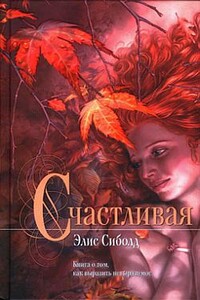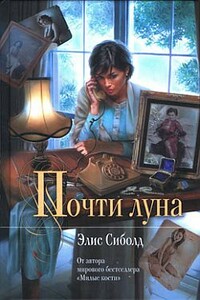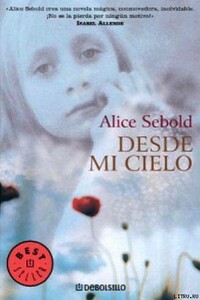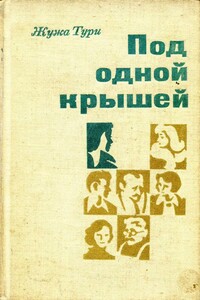“Susie, Susie!” Nate was yelling.
I looked down to see Buckley on the ground.
It was this day that I always told Holly about when we talked about rescue. I believed it was possible; she did not.
I swung my legs around and scrambled through my open window, one foot landing on the sewing stool and the other immediately in front of that one and on the braided rug and then down on my knees and out of the blocks like an athlete. I ran down the hall and slid down the banister as we’d been forbidden to do. I called Lindsey’s name and then forgot her, ran out to the backyard through the screened-in porch, and jumped over the dog fence to the oak tree.
Buckley was choking, his body bucking, and I carried him with Nate trailing into the garage, where my father’s precious Mustang sat. I had watched my parents drive, and my mother had shown me how a car went from park to reverse. I put Buckley in the back and grabbed the keys from the unused terra-cotta pots where my father hid them. I sped all the way to the hospital. I burned out the emergency brake, but no one seemed to care.
“If she hadn’t been there,” the doctor later told my mother, “you would have lost your little boy.”
Grandma Lynn predicted I’d have a long life because I had saved my brother’s. As usual, Grandma Lynn was wrong.
“Wow,” Nate said, holding the twig and marveling at how over time red blood turned black.
“Yeah,” said Buckley. His stomach felt queasy with the memory of it. How much pain he had been in, how the faces of the adults changed as they surrounded him in the huge hospital bed. He had seen them that serious only one other time. But whereas in the hospital, their eyes had been worried and then later not, shot through with so much light and relief that they’d enveloped him, now our parents’ eyes had gone flat and not returned.
I felt faint in heaven that day. I reeled back in the gazebo, and my eyes snapped open. It was dark, and across from me stood a large building that I had never been in.
I had read James and the Giant Peach when I was little. The building looked like the house of his aunts. Huge and dark and Victorian. It had a widow’s walk. For a moment, as I readjusted to the darkness, I thought I saw a long row of women standing on the widow’s walk and pointing my way. But a moment later, I saw differendy. Crows were lined up, their beaks holding crooked twigs. As I stood to go back to the duplex, they took wing and followed me. Had my brother really seen me somehow, or was he merely a little boy telling beautiful lies?
For three months Mr. Harvey dreamed of buildings. He saw a slice of Yugoslavia where thatched-roofed dwellings on stilts gave way to rushing torrents of water from below. There were blue skies overhead. Along the fjords and in the hidden valley of Norway, he saw wooden stave churches, the timbers of which had been carved by Viking boat-builders. Dragons and local heroes made from wood. But there was one building, from the Vologda, that he dreamed about most: the Church of the Transfiguration. And it was this dream – his favorite – that he had on the night of my murder and on the nights following until the others came back. The not still dreams – the ones of women and children.
I could see all the way back to Mr. Harvey in his mother’s arms, staring out over a table covered with pieces of colored glass. His father sorted them into piles by shape and size, depth and weight. His father’s jeweler’s eyes looked deeply into each specimen for cracks and flaws. And George Harvey would turn his attention to the single jewel that hung from his mother’s neck, a large oval-shaped piece of amber framed by silver, inside of which sat a whole and perfect fly.
“A builder” was all Mr. Harvey said when he was young. Then he stopped answering the question of what his father did. How could he say he worked in the desert, and that he built shacks of broken glass and old wood? He lectured George Harvey on what made a good building, on how to make sure you were constructing things to last.







